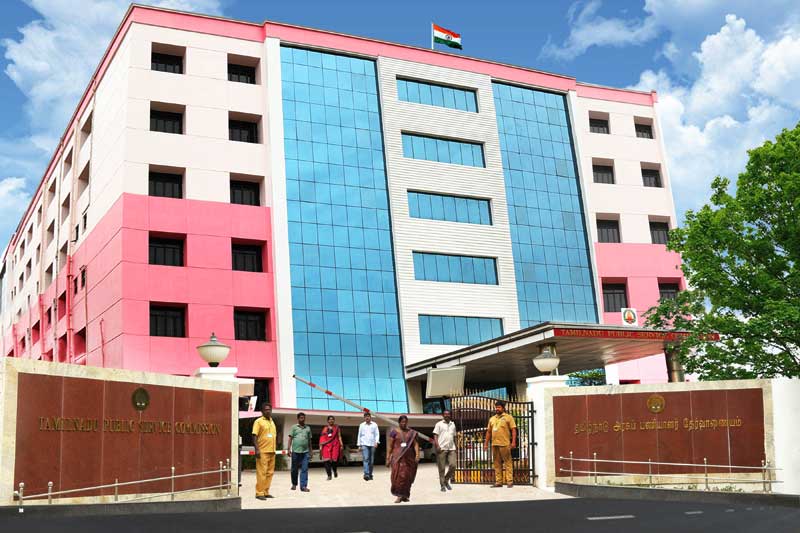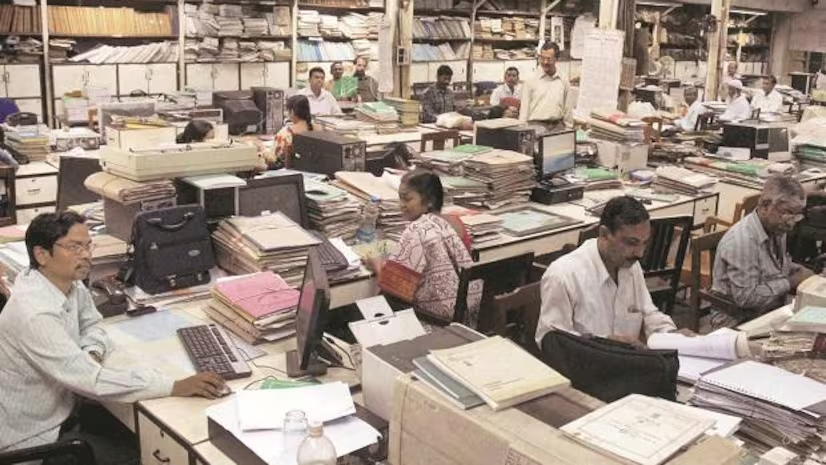Central Government Bank Jobs: The banking and finance sector in India is one of the largest and most dynamic industries. Central Government banking jobs offer a mix of job security, career growth, and excellent pay. These jobs are often filled through competitive exams, which are open to eligible candidates from all over the country. If you are aiming for a banking job in India, understanding the various exams, eligibility criteria, and job roles is crucial. This article will guide you through the banking and finance exams for central government jobs, the roles available, and the eligibility requirements in 2025.
Popular Banking and Finance Exams in 2025
Central Government banking jobs are primarily filled through exams conducted by various recruitment boards and agencies. These exams test candidates’ knowledge in various subjects, including reasoning, quantitative aptitude, general awareness, and English.
Here are the top banking exams you can aim for in 2025:
- IBPS PO (Institute of Banking Personnel Selection – Probationary Officer) Exam
- Purpose: The IBPS PO exam is conducted for the recruitment of Probationary Officers (POs) in various nationalized banks in India, including SBI, Bank of Baroda, Canara Bank, and others.
- Selection Process: It involves three stages: Preliminary Exam, Main Exam, and an Interview.
- Job Roles: Probationary Officers (POs) handle administrative and managerial tasks, customer service, loan management, and general operations at a bank.
- IBPS Clerk Exam
- Purpose: The IBPS Clerk exam is conducted for the recruitment of Clerks (also known as Assistant) in public sector banks.
- Selection Process: This exam consists of two phases – Preliminary Exam and Main Exam. There is no interview round for this position.
- Job Roles: Clerks manage routine banking tasks such as maintaining bank accounts, helping customers with transactions, and other administrative duties.
- SBI PO (State Bank of India – Probationary Officer) Exam
- Purpose: The SBI PO exam is one of the most prestigious banking exams, conducted by the State Bank of India for the recruitment of Probationary Officers.
- Selection Process: It involves three stages: Preliminary Exam, Main Exam, and an Interview.
- Job Roles: SBI POs are responsible for managing branch operations, customer relations, loan management, and overseeing the performance of other employees.
- SBI Clerk Exam
- Purpose: The SBI Clerk exam recruits Junior Associates (JAs) for the State Bank of India.
- Selection Process: The exam is conducted in two phases: Preliminary Exam and Main Exam. Like the IBPS Clerk exam, there is no interview.
- Job Roles: Junior Associates handle customer service tasks, maintaining bank accounts, processing deposits and withdrawals, and other front-desk operations.
- RBI Grade B Exam
- Purpose: The Reserve Bank of India (RBI) conducts the Grade B exam to recruit Officers for the Reserve Bank of India. This is one of the most competitive and sought-after banking exams.
- Selection Process: The exam consists of three phases: Preliminary Exam, Main Exam, and an Interview.
- Job Roles: RBI Grade B Officers are involved in economic and financial analysis, policy formulation, and implementation, as well as handling the overall functioning of the Reserve Bank.
- IBPS Specialist Officer (SO) Exam
- Purpose: The IBPS SO exam is conducted for the recruitment of Specialist Officers in areas such as IT, HR, Marketing, Agriculture, Law, and Finance.
- Selection Process: The exam consists of a Preliminary Exam, Main Exam, and an Interview.
- Job Roles: Specialist Officers handle tasks specific to their domain (e.g., HR managers, IT specialists, legal advisors) within the bank.
- RBI Assistant Exam
- Purpose: The RBI Assistant exam recruits Assistants for various branches of the Reserve Bank of India.
- Selection Process: The exam consists of two phases: Preliminary Exam and Main Exam. The RBI Assistant exam does not include an interview.
- Job Roles: Assistants in RBI are responsible for office management, handling correspondence, data entry, and maintaining bank records.
Eligibility Criteria for Banking Exams in 2025
The eligibility criteria for each banking exam may differ slightly, but the basic requirements remain the same. Here’s a breakdown of the common eligibility criteria for Central Government banking exams:
- Age Limit:
- IBPS PO & Clerk: Candidates must be between 20 and 28 years of age. Age relaxations are available for reserved categories (SC/ST, OBC, PwD, etc.).
- SBI PO & Clerk: The age limit is 21 to 30 years for both positions.
- RBI Grade B: Candidates must be between 21 and 30 years of age.
- IBPS Specialist Officer (SO): The age limit varies depending on the post, but it is usually between 20 and 30 years.
- RBI Assistant: The age limit is generally 20 to 28 years.
- Educational Qualifications:
- IBPS PO, SBI PO, and Clerk: Candidates must have a Bachelor’s Degree in any discipline from a recognized university.
- RBI Grade B: A Bachelor’s degree with a minimum of 60% marks (or equivalent) in any discipline is required. A Master’s Degree or professional qualification is preferred.
- IBPS Specialist Officer (SO): The educational requirements vary by specialization. For example:
- IT Officer: A degree in Computer Science, IT, or Electronics.
- Law Officer: A degree in Law (LLB).
- Agricultural Field Officer: A degree in Agriculture or a related field.
- RBI Assistant: A Bachelor’s Degree with a minimum of 50% marks in aggregate from a recognized university.
- Nationality:
- The candidate must be a citizen of India, a subject of Nepal, or a subject of Bhutan.
- Other Criteria:
- Language Proficiency: For the roles in SBI and IBPS, candidates must be proficient in the official language of the state in which they apply.
- Physical Fitness: Some exams (like the SBI PO) require candidates to meet certain medical and physical fitness standards.
Job Roles in Banking and Finance Sector
Here’s a closer look at some of the key job roles in the Central Government banking sector:
- Probationary Officer (PO):
- Responsibilities: Managing bank operations, handling customer queries, supervising staff, and processing loans.
- Skills Required: Leadership, communication, and decision-making.
- Clerk/Assistant:
- Responsibilities: Maintaining records, assisting customers with transactions, and providing support to senior officers.
- Skills Required: Strong attention to detail, good communication, and organizational skills.
- Specialist Officer (SO):
- Responsibilities: Handling specialized areas such as law, HR, IT, marketing, or agriculture.
- Skills Required: Domain-specific knowledge (e.g., IT, marketing), analytical skills, and a professional mindset.
- RBI Officer (Grade B):
- Responsibilities: Policy formulation, financial analysis, regulatory functions, and economic research.
- Skills Required: Advanced financial knowledge, analytical ability, and a deep understanding of economic policies.
- RBI Assistant:
- Responsibilities: Assisting with general administrative duties, maintaining data, and supporting day-to-day operations.
- Skills Required: Organizational skills, attention to detail, and the ability to work under pressure.
How to Apply for Banking Exams
- Check Notifications: Regularly visit the official websites of IBPS, SBI, RBI, and other banks to check for exam notifications.
- Fill the Application Form: Submit your online application form before the last date. Be sure to provide accurate details.
- Prepare for Exams: Start preparing well in advance. Use study materials, practice papers, and online courses to improve your chances of success.
- Appearing for Exams: Take the exams on the scheduled date. Follow the exam pattern and focus on the subjects specified in the syllabus.
- Interview and Selection: After clearing the exam, attend the interview (if applicable) and wait for the final selection.

